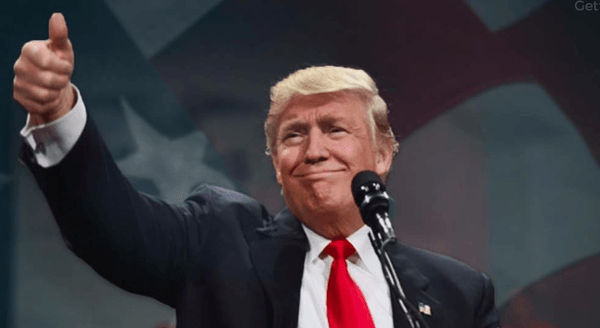With the race for democratic nomination still contentious, many considered the California Primary to be a decisive poll. One of my finals was to be a poll worker in my sheltered, wealthy county. Because it was a paid position and guaranteed me an A in the class, I was eager to do it.
To be a clerk for the California Primary Election, you have to attend a training class. During this nearly two hour course, you learn a lot of information, presented in what might be the least effective manner possible. They do provide you with everything necessary to accurately cast votes, as well as the knowledge to handle difficult situations. It’s all there if you want be prepared. The course warns against electioneering, political talk, and being honest to the voters. It’s all about making voting a “pleasant” experience.
Recommended for you
However, many of the poll workers choose not to read over the materials before the primary. Instead, both clerks and deputies walk into their assigned polling places at 6:30 AM without an adequate understanding of the voting process.
In my experience, which was similar to that of many friends at other polling places, my fellow clerks and my deputy were fairly clueless. Two minutes after I walked in, my deputy admitted that she had no idea what she was doing. This was a bit unsettling, but I shrugged it off and did my best to use what I knew to help. I also knew very little.
At 7:30 AM, a fellow clerk started trying to talk politics. Like the major news sources, he said that the primary didn’t mean much because Hillary Clinton and Donald Trump had already gotten the nominations. The deputy, who also knew nothing about politics or polling, agreed with him, spewing the same uninformed lies. I jumped in briefly to bring up the fact that superdelegates don’t vote until the convention. This was a completely new notion to my fellow poll workers, who were more eager to accept that our votes were useless than to actually stand up for what they believe in.
Probably the biggest source of confusion, stress, and anger was the provisional ballots. Voters are issued provisional ballots for a few reasons, like if they opt for vote-by-mail and lose their envelope or don’t have their name on the roster. Supposedly, these votes are counted after all the regular ones, to make sure that no one voted twice. However, according to the LA Times, over 2.5 million ballots haven’t been counted, with two-thirds of these being vote-by-mail and a good chunk being provisional. In our training, we were told that these votes would never be counted. There was no context or explanation, just a warning that some votes, even those that are legitimate and valid, will just be discarded.
My deputy told this to a voter. A man came in to vote and asked if he could surrender his vote-by-mail ballot. This is a totally common and fine thing to do, but, instead, my deputy fought him. She claimed that, if he did that, he would get a provisional ballot and his vote would never be counted (not true). Her condescending tone and blatant arrogance caused the man to make a scene. He tore up his ballot and stormed out, only to call the elections department in the parking lot. The other precinct’s deputy came over and explained why she was wrong, to which she argued more. Yet again, voting was made wildly more difficult because the clerks and deputies don’t know what they’re doing.
Then there was the whole problem of matching up the numbers. The voting machine counts how many votes are cast, which is supposed to match the number of voters on the roster and tally sheets. For the whole day, this was off. “It’s never quite perfect” and “it’s only a little bit off” were said to justify the differences. To me, this was one of the scariest parts. There was no way to know if every ballot made it into the machine and was collected.
I don’t believe that there is a grand scheme against Bernie Sanders or voters as a whole. However, I found the whole process to be overcomplicated and the workers to be under-educated. There are some things, like the vote-by-mail policies, that aren’t overly difficult, but people don’t tend to know about. The government has put out this information, but, like our poll worker materials, no one cares enough to get informed. Even those that know still have to come to the polls just to go through a long and confusing process. Maybe the government needs to increase voting education. Maybe we as registered voters need to do more research. Maybe those working at the polls need to put more thought into their actions. In any case, things do need to change before the general election. Please, make sure you know who you’re voting for and how to vote. Find out registration deadlines, voting policies, and candidate positions before election day. While the federal, state, and local governments might not work to ensure that every vote is counted, you can.
source: http://www.latimes.com/politics/la-pol-ca-californ...




















